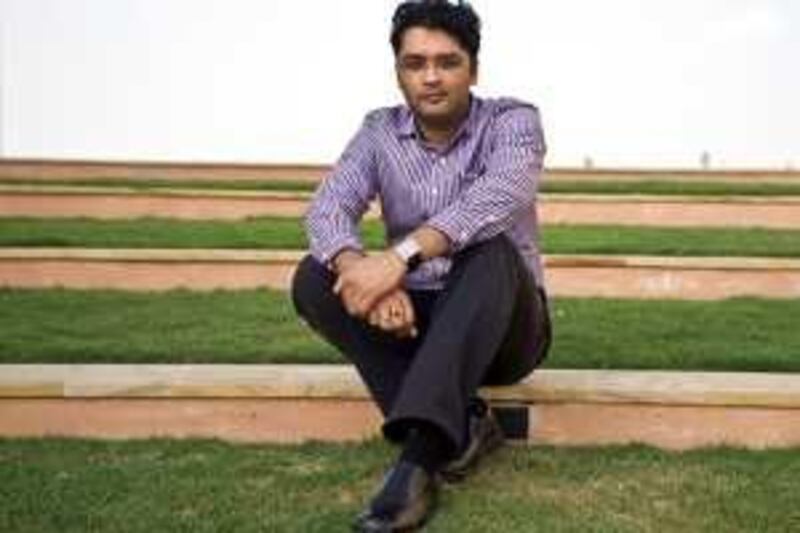While many UAE residents are now tightening their belts as bonuses dry up and pay increases are put on hold, one group has always been careful with money ? students. Many university scholars have no source of income other than their parents, so they tend to be particularly enterprising when it comes to closing the books on spending. And the cost of education has never been higher. Dubai Modern High School, for example, recently stated it wanted to impose a 90 per cent increase on fees over two years, and many other institutions have introduced double-digit rises. These climbing fees mean the prospect of parents helping their children during the university years is that much more daunting.
In this costly climate, it's no wonder that many of the country's students are conscious of where their money goes. Among the UAE's careful students is Ayush Gupta, a 25-year-old from India in the first year of a two-year master of business administration course at the Institute of Management Technology (IMT) in Dubai International Academic City. Mr Gupta, who describes life as a student in Dubai as "quite costly", cuts his entertainment expenditure by staying on campus and studying nearly every evening.
"I prefer sitting in the library and continuing my research," he says. "Going out once a month is possible, but not every week. It's because I want to save money." When he does head into Dubai, Mr Gupta travels by bus as the return fare by taxi from DIAC is about Dh80. A day's bus travel, he says, does not come to more than Dh10. He estimates his monthly spending doesn't climb higher than Dh700, about two thirds of which goes on food. He keeps the cost of meals to a minimum by rarely eating out.
Among his few indulgences are books, which can set him back Dh50 or Dh60 each time, although he only buys one or two a month. His funds come from money saved during a three-year stint at work, but like many students, he will have to rely on his parents' charity in the second year of his course. "Some of the younger students who have just graduated from their bachelor's courses spent a lot of money, but I know others who manage on Dh600 or Dh700," he says.
His fellow IMT student Antra Rathod is possibly even more frugal, with a monthly spending limit of about Dh450. The 25-year-old was shocked at the cost of living when she arrived in Dubai from her native India last year. "We keep food in our rooms and cook ourselves," she says, adding that she rarely buys snacks or cups of tea to save precious dirhams. She travels to Dubai only rarely, making a list of several things she can do in one visit. "We try to do all the things at once, so we can save on travel," she says.
Even budget-conscious students like to look good, but Ms Rathod saves on clothes by buying them in India, where they are cheaper. On the rare occasions she does make purchases here, she tries to benefit from special offers. Accommodation makes up a large chunk of nearly everyone's budget in the UAE, so the pennywise student looks for savings here as well. Living in Ajman is a big money saver for Daniyar Rakhimov, a first year bachelor of business administration student at the University of Wollongong in Dubai. Although there is a lengthy commute to contend with, he only has to pay about Dh22,500 per year in Ajman, instead of the Dh48,000 for housing close to campus in Dubai Knowledge Village.
When he travels back to his native Kazakhstan, the 18-year-old flies with the budget airline Air Arabia, although he says cancellations often force him to use a more expensive carrier. He also keeps his non-essential purchases to a minimum, but inevitably there are some things, such as textbooks, he cannot do without. When it comes to these, however, Mr Rakhimov still looks to bank savings. He shops at his university's second-hand bookstore, where a textbook that costs Dh250 new will sell for around Dh200. One of his textbooks is shared with a classmate, which splits the price tag in half.
Like many students, books, rather than clothes, are his focus. "I haven't bought clothes for a long time and usually I buy them in my country," he says. "They are a little bit cheaper there." dbardsley@thenational.ae







